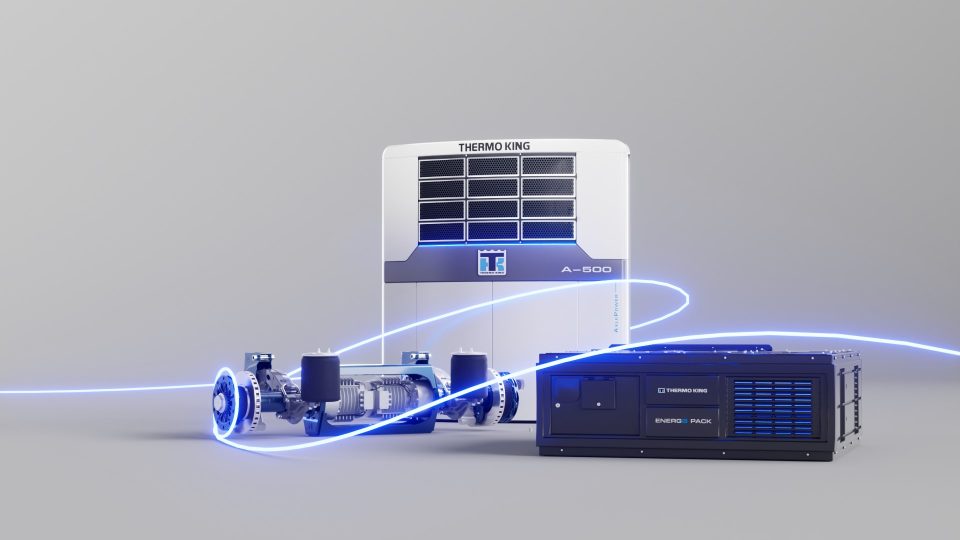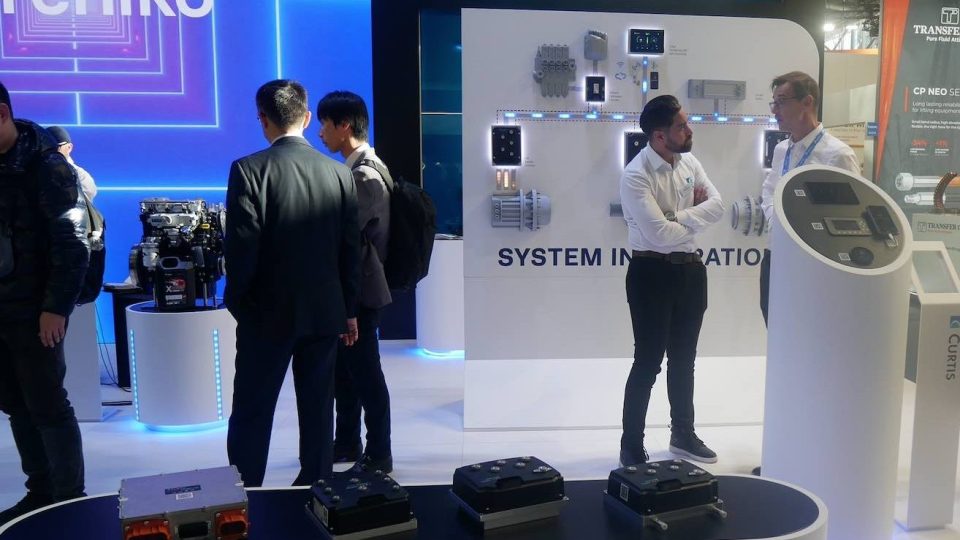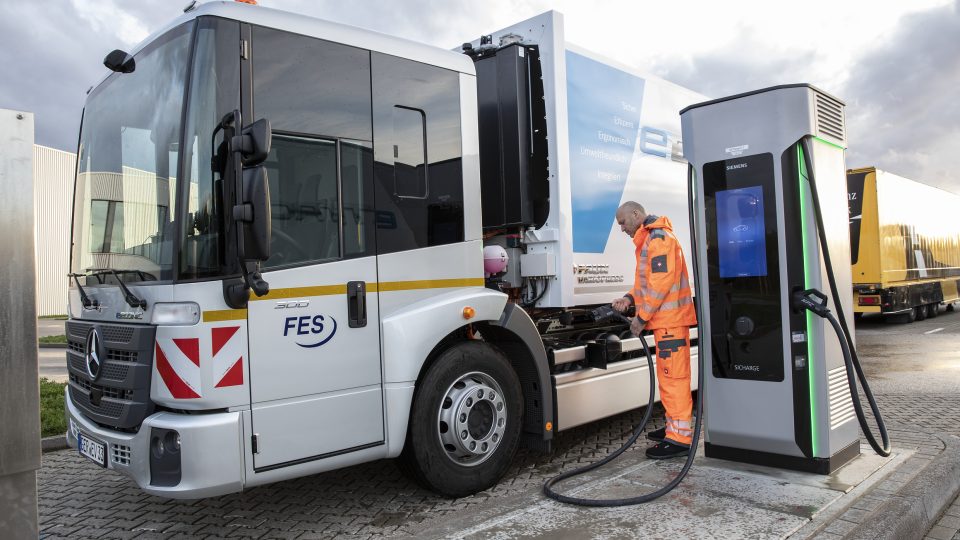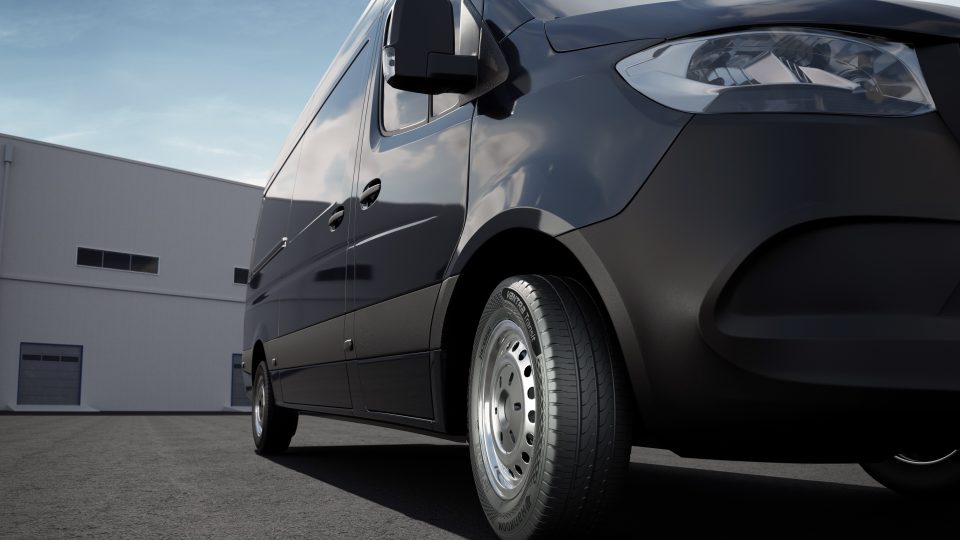Fuel cells, Bosch and Qingling Motors collaborate on zero-emissions mobility
Bosch Hydrogen Powertrain Systems established a joint venture in China with Qingling Motors to supply fuel cell systems to all Chinese manufacturers. First Qingling trucks with Bosch fuel cell system will hit the road in 2021.
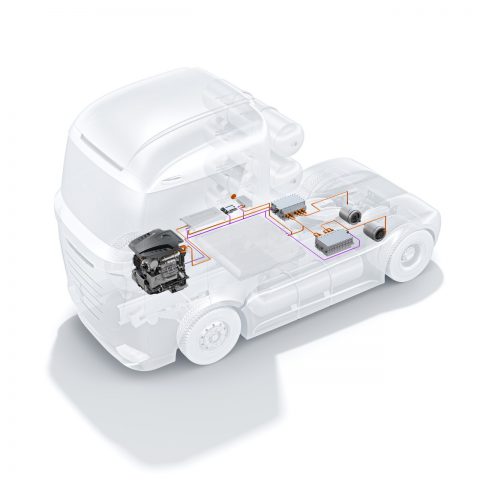
Bosch is taking a further step towards the worldwide use of fuel cells. Together with Qingling Motors, a manufacturer of premium commercial vehicles, the company has set up a joint venture in China called Bosch Hydrogen Powertrain Systems (Chongqing) Co. Ltd. The new company will develop, assemble and market fuel cell systems (so-called Fuel Cell Power Modules, FCPM) for the Chinese market. The aim is to concentrate the technology and market know-how of the two partners and contribute to the development of the Chinese fuel cell market and the transformation of the local automotive sector.
More than one million fuel cell vehicles in China by 2030
According to the Energy Saving and New Energy Vehicle Technology Roadmap 2.0 published by the China Society of Automotive Engineers (China-SAE), more than one million vehicles with fuel cell drive systems could be registered in China by 2030. The joint venture aims to supply these systems to all Chinese manufacturers. The necessary components, such as fuel cells, the compressor with power electronics and the electronic control unit with sensors, are made by Bosch and come mainly from the Chinese plant in Wuxi. The first 70 Qingling-branded trucks equipped with Bosch’s Fuel Cell Power Module will hit the road in 2021. The system is scheduled to go into series production in 2022/2023.
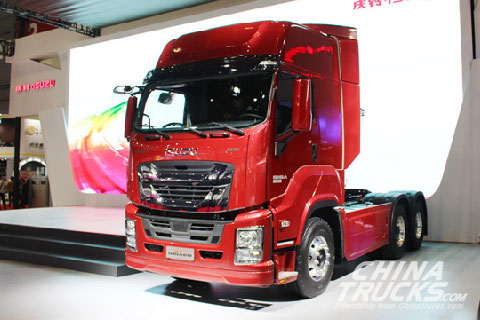
The comments from Bosch and Qingling Motors
«We are literally picking up speed in the industrialisation of fuel cells. Innovative technologies and strategic partnerships are the ideal approach to quickly achieve the goal of making road traffic as climate-neutral as possible», said Stefan Hartung, member of the Bosch Board of Management and President of the Mobility Solutions business sector. Bosch has been working with Qingling in China for years in the fields of fuel injection and exhaust gas treatment.
«We are delighted to continue our successful collaboration with Bosch», said Du Weidong, President of Qingling Motors. «The recent collaboration represents not only a major milestone on the path towards the industrialization of fuel cells for mobility, but also a significant contribution to the further development of China’s automotive sector».










